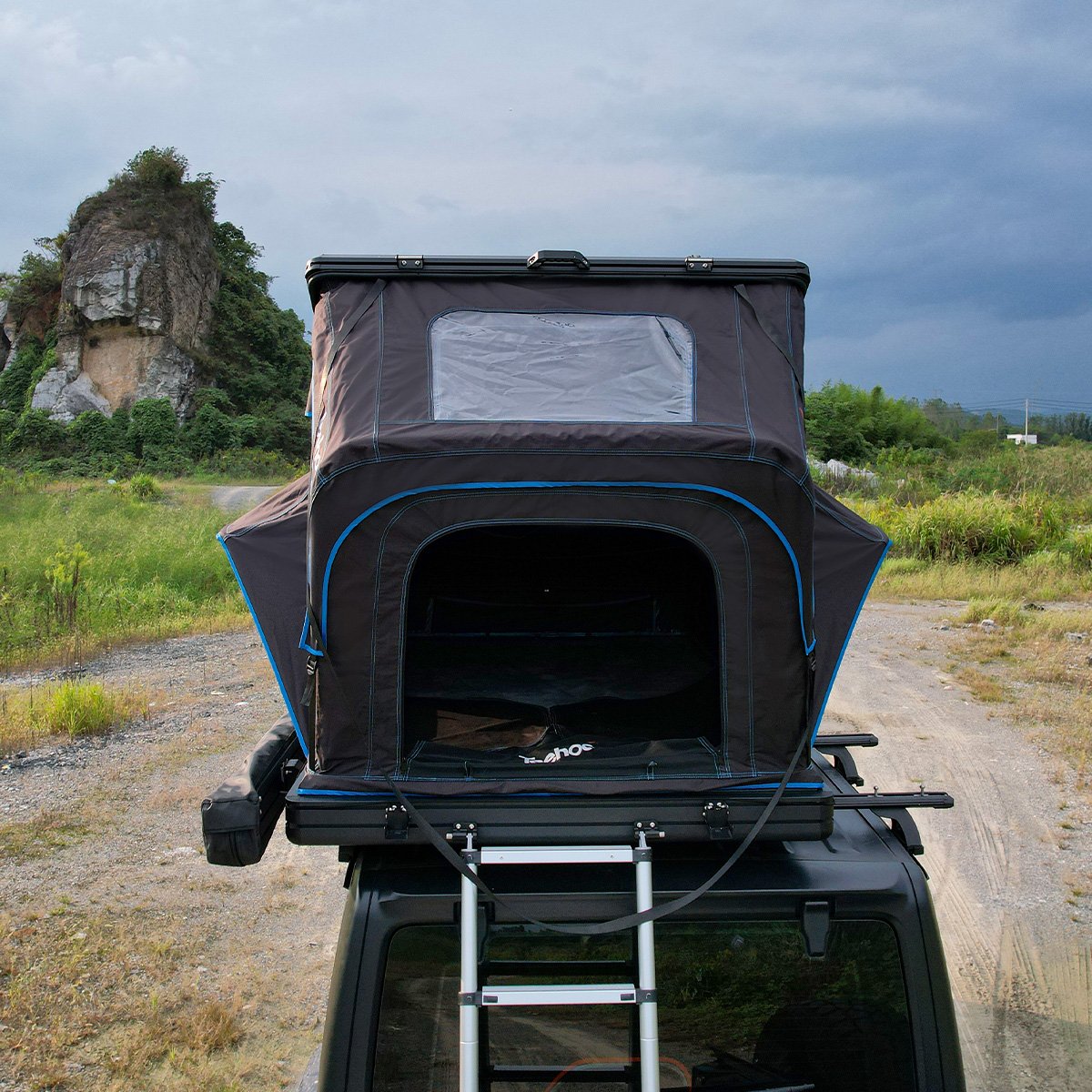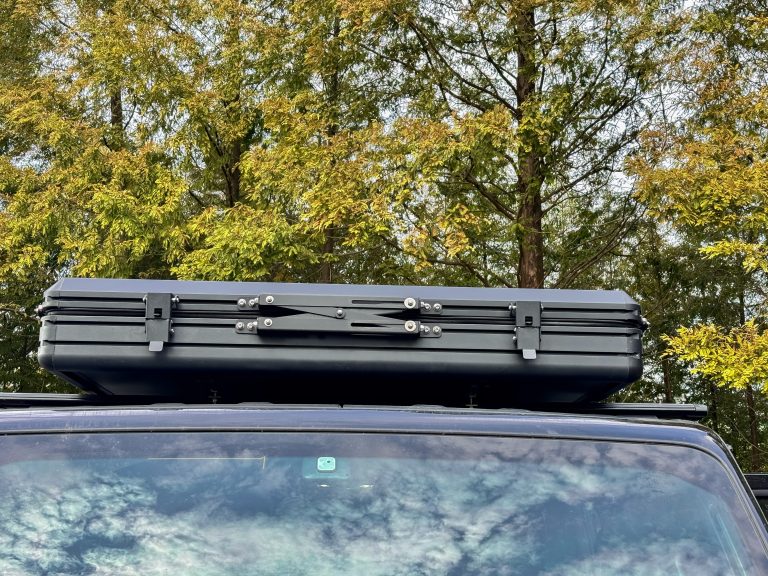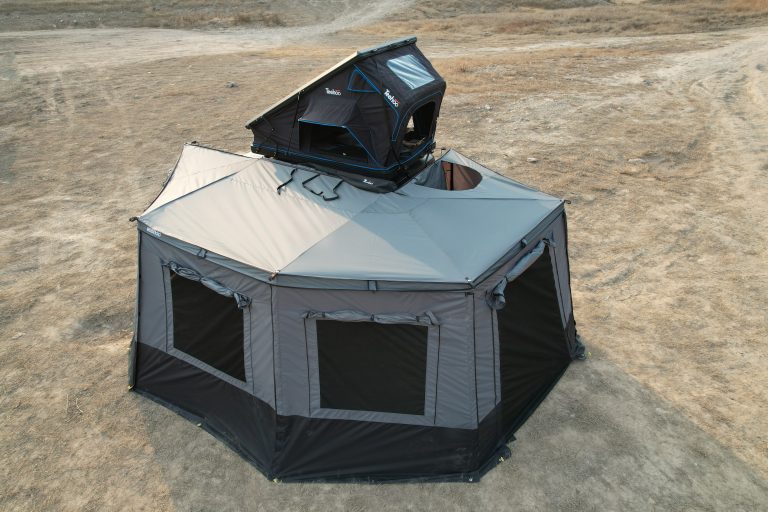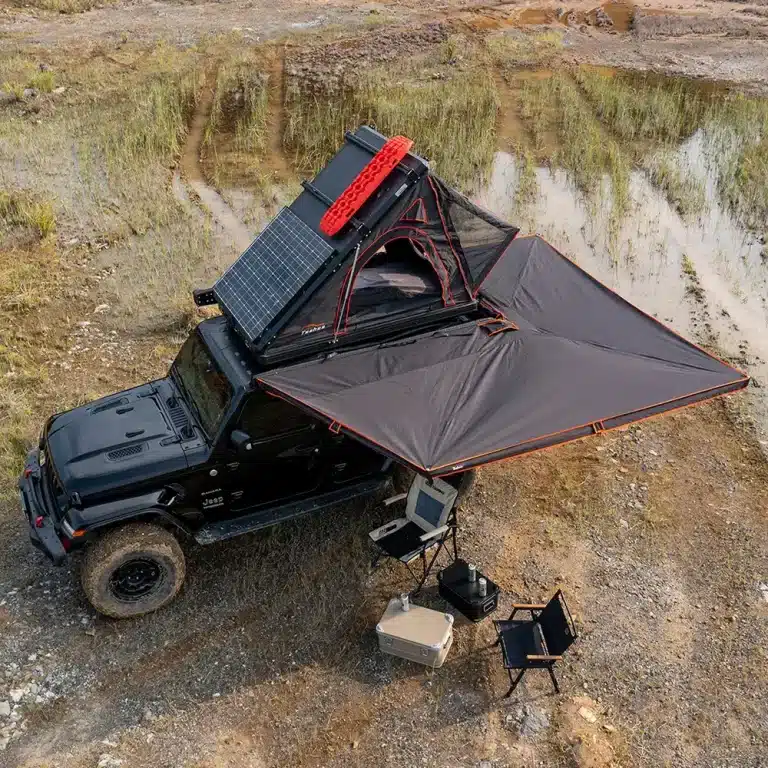
Rooftop Tent Buyer Insights: Why Do People Invest in a “Home on the Roof”?
Rooftop Tent User Decision Analysis: Why Do People Invest in a "Home on the Roof"?
The rise of rooftop tents is not just an evolution of outdoor gear but a reflection of deeper shifts in modern consumers’ lifestyles, values, and spending habits. This article explores the key factors behind user choices, focusing on motivations, behavioral preferences, and trade-offs.
Rooftop Tent Market Trends Overview

1. Decision Motivations: Beyond Functionality to Emotional Fulfillment
1.1 The Need for “Controlled Adventure”
Post-pandemic, consumers prioritize safe and independent outdoor experiences.
Rooftop tents elevate sleeping spaces (1.5-2 meters above ground), reducing encounters with insects and wildlife while offering a sense of security away from crowds. Some brands even integrate anti-theft alarms and reinforced aluminum frames for added protection.
1.2 Strengthening Family Bonds
Over 80% of users report improved family interactions while camping with rooftop tents. Setting up the tent, cooking outdoors, and exploring together replace screen time with quality bonding. Brands catering to families now offer specialized “family-friendly tents” with enhanced safety features and comfortable layouts.
1.3 Practical Economic Considerations
Direct Cost Comparison: Over a three-year period with 20 trips per year, the combined purchase and maintenance costs of a rooftop tent are significantly lower than hotel expenses.
Hidden Savings: Some campsites allow overnight stays in rooftop tents, eliminating additional park entrance fees. Pairing rooftop tents with EVs (using external battery functions) further reduces energy costs.
1.4 Social Status and Lifestyle Appeal
Social media engagement with #rooftoptent content significantly surpasses standard camping posts. Sleek hard-shell designs and modular accessories transform rooftop tents into lifestyle symbols, fostering a sense of community among enthusiasts.

2. Behavioral Preferences: User Profiles and Usage Scenarios
2.1 Core User Groups
Millennials & Gen Z (Born 1990s-2000s): Prioritize aesthetics and ease of use, favoring fully automatic hydraulic tents that deploy in under 10 seconds.
Families (Born 1980s and earlier): Seek safety and comfort, opting for double-layer tents with reinforced features.
Hardcore Adventurers: Focus on extreme weather resistance (windproof up to 8+ levels) and insulation technologies.
2.2 Common Usage Scenarios
Weekend Getaways: Users prefer ultra-thin models (<30cm when folded) to maintain aerodynamics, especially for electric vehicles.
Overland & Long-Distance Travel: Lightweight carbon fiber frame options (47% weight reduction) are favored for better fuel efficiency and durability.
Emergency & Survival Use: Some brands offer floating tent models that double as emergency

3. Trade-Offs: Practical Considerations Behind Consumer Choices
3.1 Convenience vs. Cost
Fully automatic rooftop tents are quick to set up but cost 2-3 times more than manual models. Hard-shell designs reduce wind resistance but limit interior expansion. High-frequency campers see value in premium investments, while occasional users often prefer rental platforms.
3.2 Comfort vs. Practicality
While rooftop tents provide better moisture resistance than ground tents, ladder access can be inconvenient for older users. Nighttime restroom trips are another common challenge. Some brands address these issues with integrated bathroom modules, though they add weight and increase fuel consumption.
3.3 Regulations & Safety Constraints
Certain countries have height restrictions on rooftop cargo (e.g., max 50cm in some regions), and vehicle dynamic load capacities (usually ≤75kg) impact safe usage. Consumers must consider compliance and vehicle compatibility before purchase.

Conclusion
The decision to invest in a rooftop tent goes beyond comparing features—it represents a lifestyle choice. Users seek a balance between adventure and security, cost-efficiency and comfort. As product designs continue to evolve and user needs become more specialized, the rooftop tent industry will diversify further, ensuring that every traveler finds their perfect mobile escape.


